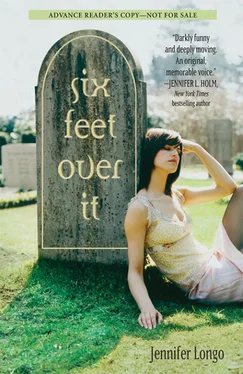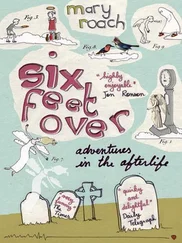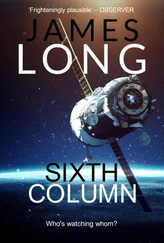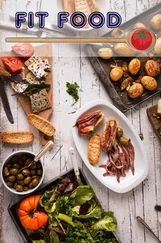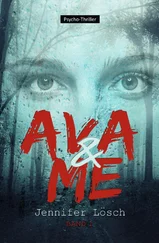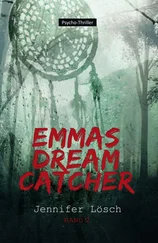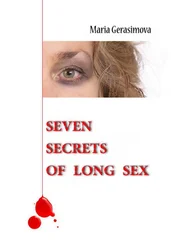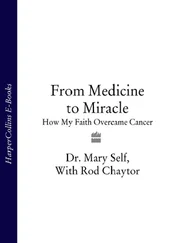She nods. “I’ll bring your present later, can I?”
“Yeah, sure, thank you.” My chest aches.
“You want Mom?”
“No.”
She closes the door behind her, goes sniffling off to relay the message to Wade and Meredith, who do not come to my room. A relief. Sort of.
I lie staring at the glitter-infused popcorn ceiling (whose idea was that?), toying briefly with the idea of abandoning my soiled day in exchange for what was supposed to be my real birthday—somewhere around late January, early February. I have no problem sharing with, say, Martin Luther King Jr. or Abraham Lincoln. Even stern, ponytailed George Washington would be better than a stupid, creepy, empty-eyed skeleton. I give up, settle on no birthday at all, and seethe.
Dario.
That a-hole has ruined my birthday, dropped it into a double-depth grave of stupidity. Not a birthday, but every birthday forever, the actual day of my birth. Like the liners and urns and fresh, upturned grave soil, my birthday is now just one more thing I never want to touch. It is, if his out-of-control excitement was any indication, the Super Bowl of death holidays.
My birthday is dead and buried.
My blame knows no bounds. Or logic. This Dario person is not just the messenger; he is the Grim Reaper.
Or no, wait—that’s me.
IN RETROSPECT, kudos to Wade for dragging us to live in a graveyard, a genuinely logical next step in my already death-soaked existence. Wade says I’m super-dramatic. Wade is the one using headstones for a walkway.
Only five months ago we’d been safe beside the ocean. Home.
Kai and I were born in Mendocino, a cluster of East Coasty–looking cottages hidden among redwood and cypress trees perched on the edge of insanely beautiful cliffs above the wild coast of Northern California. Meredith painted seascapes in oil to sell to tourists. She raised us to believe we were mermaids and made certain, even as toddlers, that we fostered a deep appreciation for the ocean, for this most beautiful place in all the world. She chose Kai’s name for its literal Hawaiian translation: ocean. We practically lived in salt water, our diapers and hair forever filled with sand. Heaven.
Until out of the blue—leukemia. Every day turned suddenly sad. Kai’s thirteenth and my eleventh birthdays and all the days and months that followed I spent beside Kai, lying on the couch all day, dying. Sleeping, crying, drinking lukewarm 7UP. The house lost its misty ocean coolness; it turned warm and salty and bitter. It smelled of pills and vomit and sweat. She pulled loose, streaming fistfuls of hair from her head until it was gone. She slept. Her friends stopped coming around. I became Kai’s best friend and lost mine in the process.
There was not a Taco Bell within a hundred mile radius of our town, let alone a decent medical facility, so there were a million road trips back and forth to San Francisco. Wade scavenged enough commissions at the real estate office to keep us well supplied in food, chemotherapy, spinal taps, and little else. I could not bear to bother him and Meredith for things like lunch money or new clothes, so I made myself Land O’Frost lunch meat sandwiches and wore the same pink sweatpants and T-shirt day after day, sometimes weeks between the Laundromat visits we resorted to when first the dryer, then the washer stopped working and we couldn’t afford to fix them. At school I hid, embarrassed and unnoticed, alone in the library at recess.
For two years Kai languished but lived. Radiation left her so sick no food would stay in her long enough to matter, until the Halloween I fished a York from my pillowcase stash and we discovered it settled her stomach. We ate pounds of them, hardwiring in us a chocolate-and-mint-flavored Pavlovian sense of relief. Comfort.
Every day I held her clammy hands and read aloud for hours. She loved Laura Ingalls Wilder and begged me to read the Christmas chapters again and again. “Do the one on Silver Lake. Which one do they get tin cups and pennies?”
Wade and Meredith tended to her medication and hospital visits, gave her every ounce of care and attention they were capable of, and by late afternoon each day were left with nothing, passing the baton to me the moment I stepped in the door after school. I helped her with the schoolwork the district sent home with me each week. Half-watched hours of television went by while fog swept past the windows, sea grass and pounding waves marking every sick, sad minute.
Lonely.
Until one year ago (just as the saga of Kai’s Got Cancer: Year Three! began), I trudged off to the first day of eighth grade, and the tide had turned: Emily moved to town.
Already small, she’d skipped a grade so seemed even littler. Alone and new in Mendocino, easy prey to incessant bullying by jealous classmates for being a year younger but eons smarter, Emily resorted to lunch recess library hiding, too.
“Are you in trouble?” she asked, surveying my pile of books.
“No,” I said. “I’m poor.”
She didn’t care that I couldn’t invite her over, wasn’t embarrassed by my secondhand, ill-fitting pink sweatpants wardrobe. We took a collective breath, she grabbed my hand, and we left the library to brave the schoolyard.
“Nice pants!” mean girls screeched across the tetherball court. I tugged my shirt down over the pink sweats, moved to pull my other hand from Emily’s—she held tight.
School became a secretly welcome escape from the illness-laden dreariness of our house. Emily showed me tap-dance routines on the smooth cement of the playground; we read books in the stairwell, passed notes in class, and spent every recess sitting on the edge of the grassy soccer field watching crabs skitter in the tide pools below. I wished Kai could be there and was consumed with guilt for the relief I felt, for being happy in Emily’s company.
After a while I stopped resisting Emily’s daily invitations to come over to her house after school. Fear of Kai’s loneliness let me stay only an hour or two each day before I was back at her side, never a word to her about Emily, wet washcloth on Kai’s face, bucket near her mouth. But the gloom didn’t dampen me the same way now.
Emily never knew her dad, who had died before she was born, his whole family far away back East and not interested in her or her nomadic “hippie” mom who kept her own last name, and Emily used it, too, ditching what they referred to as the “very WASPy sounding Martin ” of her dad’s family. No siblings, no cousins, just each other. They moved all the time, and luckily for me had found their most recent stint in San Francisco too expensive. Their rented Mendocino cottage was small, but near enough to walk to school and it was cheerful and tidy and smelled like clean laundry.
Her mom worked as a dental assistant and was often there when we got home from school. Emily and I ate macaroni and did our homework and her mom called me sweetheart. “How is your sister doing, sweetheart? Are your parents okay?” I shrugged and gratefully accepted another cookie. Homemade.
I made up study hall excuses for where I was spending my after-school time. Emily and her mom never met Kai, but they sent me home with brownies for her, wrapped warm in paper towels. Wade and Meredith’s one brief meeting through rolled-down station wagon windows after a class field trip to the Fort Bragg tide pools was the extent of their contact with Emily or her mom, but they were glad for the free babysitting.
Six months ago, once more without warning, Kai’s health swiftly turned. The radiation and the pills gained traction at last; she climbed into a mystifying but definite remission. And almost immediately, maybe just because she could, she started running. Peppering her vocabulary with phrases like sub forty at the five, putting miles between herself and the sickness, daring it to try to keep up.
Читать дальше
